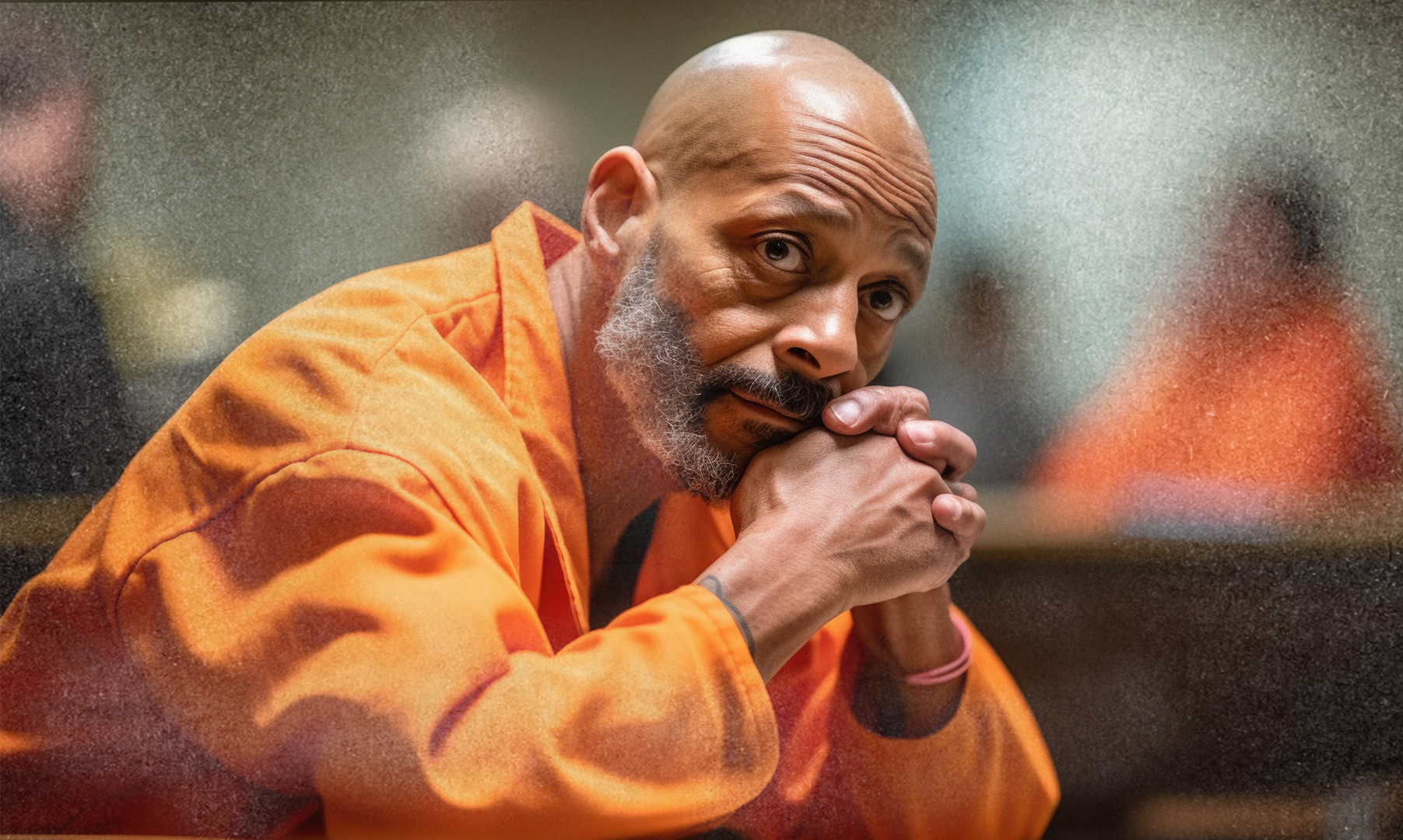Not Your Grandfather’s Weed
Cannabis (or marijuana) use has long been framed as harmless, even therapeutic. This is especially true in states where recreational use is legal. However, marijuana products produced today are very different than those made in past decades.
In the early 1990’s, the average amount of THC in marijuana was less than 4%. In 2025, that number has increased to up to 20%.¹ In recent years, marijuana use has been linked to psychosis and severe mental disorders.² The reality is that marijuana use today can be just as serious as illicit drug use if not appropriately treated.
Ask about cannabis use at intake
Include questions about the last time cannabis was used, frequency of use, type (edibles, vapes, THC drinks), and history of psychiatric symptoms. With current products on the market (such as gummies and dabs), a person may not get an immediate high like they want. Instead, this delayed effect may lead the person to take more doses until the high kicks in... along with bad side effects.¹
Depending on the product and when it was taken, someone booked into jail may still be in that delayed phase and only begin to show signs of an adverse effect hours later. Ask about cannabis use at intake and start medical monitoring for detainees who report cannabis use within 6 hours.
Watch for a change in behavior
Officers and nurses may see someone in full-blown psychosis or paranoia and assume it’s schizophrenia or stimulant use. But in many cases, the cause is cannabis, which calls for a very different approach. High doses of THC have been linked to cannabis-induced psychosis², which includes symptoms such as:
Hallucinations
Delusions
Disorganized thinking
An incorrect idea of reality
Cannabis-induced psychosis can come on suddenly and wear off over time, but symptoms of psychosis due to mental illnesses such as schizophrenia continue to show up and do not disappear. Sudden onset of psychosis should alert staff that the issue may be a medical problem – not mental illness.
Try to avoid restraints with detainees experiencing psychosis. Instead, ensure they have plenty of room to breathe and contact the jail practitioner. Watch for a change in behavior to recognize and respond to cannabis-induced psychosis in detainees.
For more information, please contact training@sparktraining.us.
1. Health Canada (2025). Cannabis and mental health. Government of Canada. https://www.canada.ca/en/health-canada/services/drugs-medication/cannabis/health-effects/mental-health.html
2. Lowe, D. et al. (2020). Cannabis and mental illness: A review. European archives of psychiatry and clinical neuroscience, 269(1), 107–120. https://doi.org/10.1007/s00406-018-0970-7
Disclaimer
All materials have been prepared for general information purposes only. The information presented should be treated as guidelines, not rules. The information presented is not intended to establish a standard of medical care and is not a substitute for common sense. The information presented is not legal advice, is not to be acted on as such, may not be current, and is subject to change without notice. Each situation should be addressed on a case-by-case basis. When in doubt, send them out!®





















